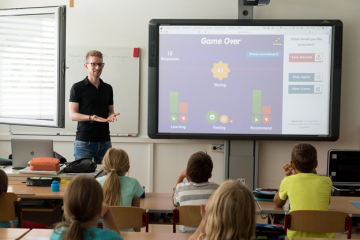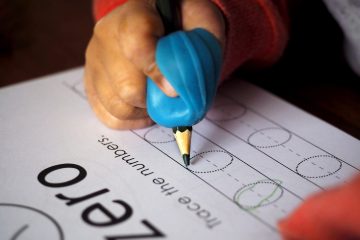Typically when we think of the skills required for reading, phonics, phonemes, and blending come to mind. While these specific elements of reading are no doubt important, an even more basic skill is often overlooked—memory! Research has linked working memory to reading comprehension, meaning that the stronger your child’s memory, the more equipped she will be to read fluently and understand what she reads!

For instance, with a strong working memory, your child will not only be able to identify the words “I see a red fish” on a page and connect those words in a sentence, but also comprehend the meaning of that sentence. The next step will be connecting that sentence to another sentence, until an entire concept or story has been read and comprehended!
As they grow in proficiency, readers at this stage rely on two types of memory. They store their recognition of words and knowledge of language sounds in their long term memory. When they encounter a word, they will access that long term memory to either recognize that word, or to draw upon other knowledge to decipher the word.
Short term memory, or working memory, is where the immediate processing of reading takes place. When children read a sentence, they quickly connect the sentence to meaning, both independently and within the context of the bigger story.
Since memory is an important component of the reading process, it’s a good idea to play memory games with your child to strengthen his or her memory skills. Some activities include:
- Memory matching games: Using actual cards or online media, your child can practice remembering the location of particular images or words and match them with other images and words.
- Simon Says: You can play physical games such as Simon Says, which require specific focus on immediate instructions.
- Songs with changing verses: Songs like “Bingo” or “The Farmer in the Dell” have slightly different verses, so singing them requires kids to remember the words and order of the verses.
- “What is Missing” games: Draw or place objects on a board, then have your child close his or her eyes while an object is changed or removed. Have your child identify what has changed.
Remember, memory is like a muscle—the more your child uses it, the stronger it gets! For more memory activities to do with your child, check out these online memory games for kids.


